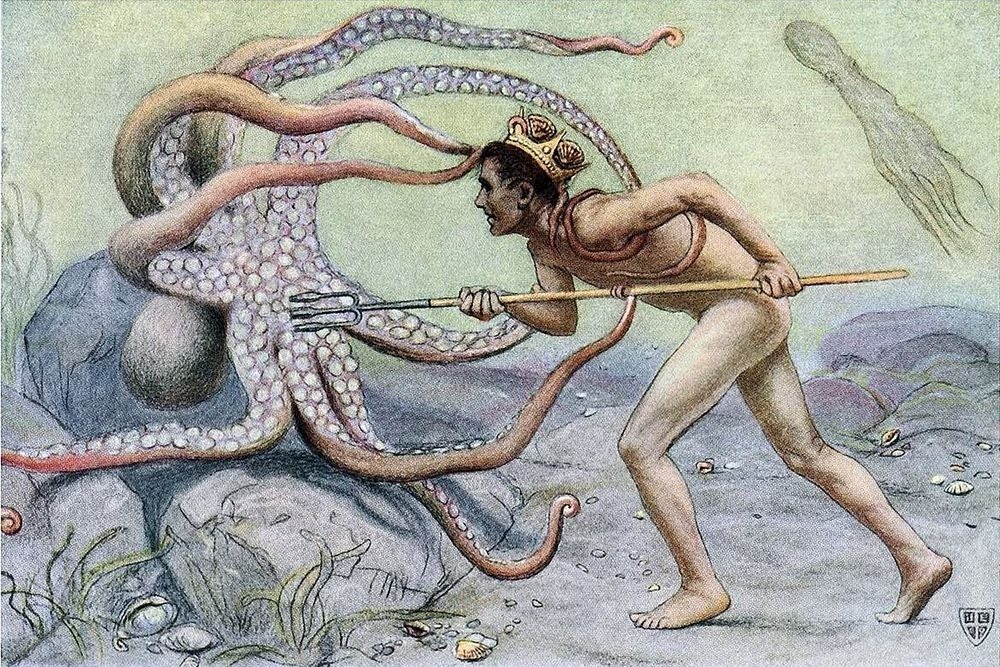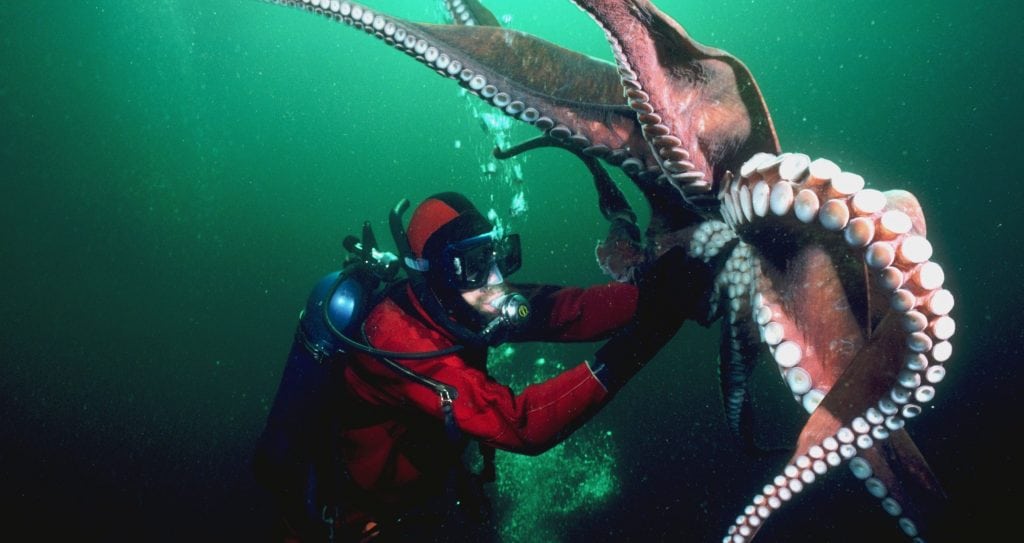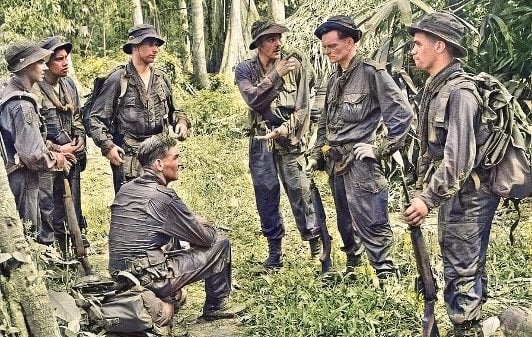There are many unconventional sports throughout history that have either been banned or abandoned for being too dangerous or unpopular. One of these sports is octopus wrestling.
How Did Octopus Wrestling Began?
The history of the concept of octopus wrestling is unknown. The sport may have been conceptualized when divers accidentally encounter a pacific giant octopus and wrestle their way to freedom. They may have enjoyed it enough to repeat the process. This is just speculation since there was no exact date when people started wrestling an octopus. However, the first recorded exploits of octopus wrestling came from an April 1949 article found in Mechanix Illustrated magazine. The writer of the article entitled “Octopus Wresting is My Hobby”, Wilmon Menard, narrates stories of hunting giant octopuses during a Tahiti trip. Menard recounts how he accompanied a native Tahitian hunter named Roo to hunt octopi with tentacles that are 25-feet long. Menard added that Roo played a native flute to lure the creature out of its lair. As soon as the octopus is out, the natives will spear the creature and drag it to the surface.
It is still unclear whether the published article was instrumental in starting the sport of octopus wrestling, but the sport did gain popularity along the US’s Western Coastal Regions. However, instead of killing the octopus with spears, thrill-seeking divers opted for a bloodless confrontation with the octopus; hence, Octopus Wrestling’s sport had begun.
What is Octopus Wrestling?
The US version of Octopus Wrestling had two categories, namely: with the use of scuba gear and without. Divers who do away with scuba gear will get twice as many points for every pound of octopus captures than divers using gear. The rules of the sport were simple. A team of three divers will descend into depths of up to 50 feet and look for an octopus to drag to the surface. The team that captures the biggest and heaviest creature wins the competition.
One recorded octopus wrestling event was held in 1957 in Puget Sound with a draw of only 200 spectators. The sport eventually gained popularity and attracted a crowd of some five thousand viewers to watch the 1963 World Octopus Wrestling Championship. The heaviest and winning octopus during the event weighed almost 30 kilograms. During the event, there were a total of 25 octopi brought to shore. The collected octopi were either returned to the sea, eaten, or donated to public aquariums.

Native Tahitians use flutes to lure the octopus from their lairs then spear them
The Decline of the Sport
Unfortunately, the sport’s popularity waned since spectators did not find it appealing to wait around the beach and wait for divers to emerge with an octopus at tow. Likewise, the growing awareness of people about octopi’s very high intelligence and their non-aggressive nature may have led animal-lovers to petition governments into banning the sport. Supporters for the intelligent invertebrates may have caused the State of Washington to enact a law that prohibits the capture or harassment of giant pacific octopi.


















